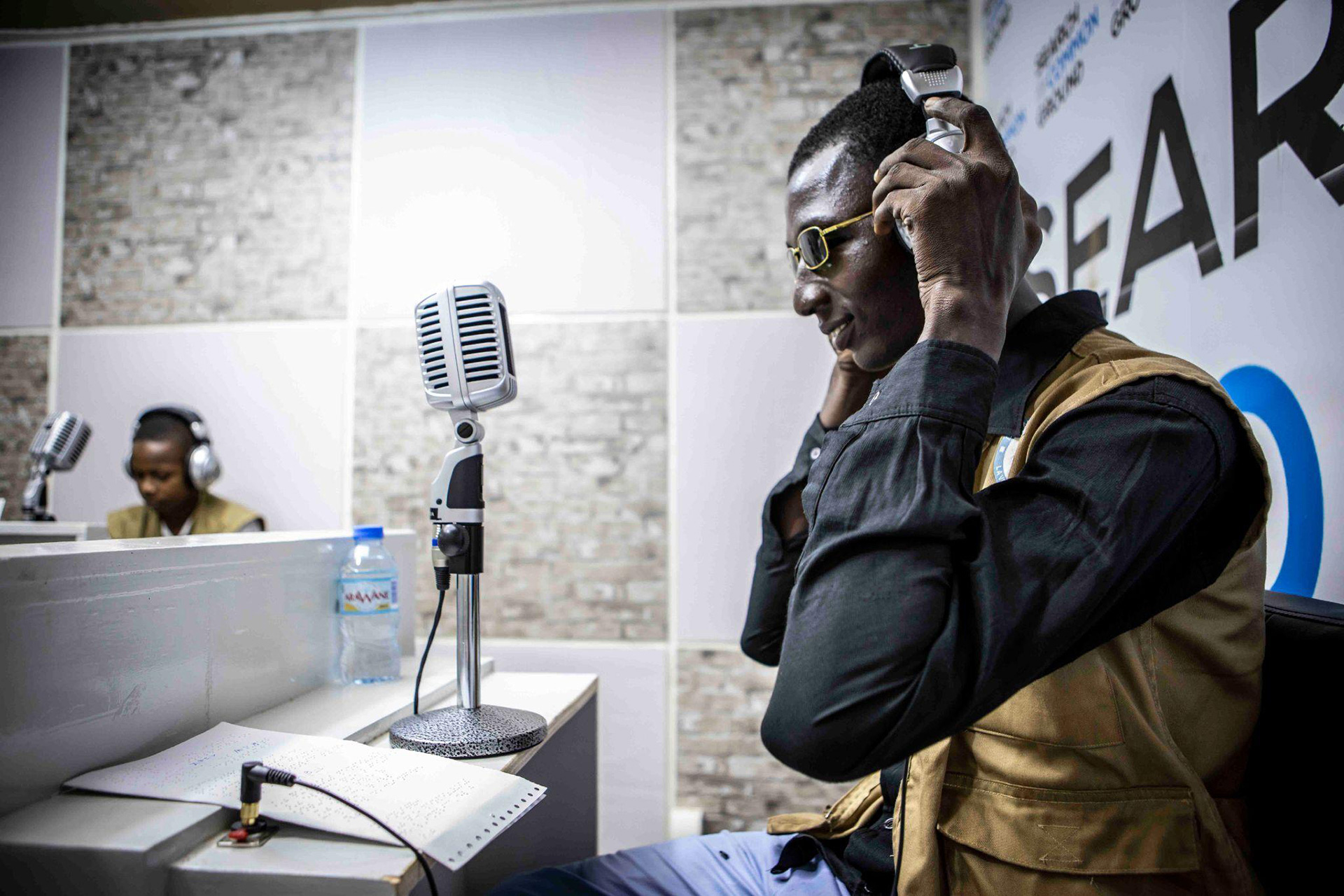
ABEL
“We too have a place in society.”
“I didn’t understand why others were afraid of me. But I also started to be scared of them,” Abel says. Visually impaired, Abel grew up in a world where he depended on others. “I need help with most things: climbing stairs, crossing the street, a voice that dictates me what to write. When you don’t get that support, you feel increasingly isolated.”
Orphaned at a young age, Abel was placed in a boarding school with other visually impaired children. During the day, sighted students joined them. “For some, it was the first time they were in close contact with people with disabilities.” However, coexistence proved to be difficult. “The visually impaired are not well perceived in our society. People equate us with all sorts of things, like being beggars.”
Two years ago, Abel, then 15, joined Youth Talk. “On the first day, I felt alone, just like any other day. I still needed these new people to guide me.” Today, arm-in-arm with the other participants, Abel is in his element. “They need me as much as I need them.”
Abel shares the microphone with children who face their own challenges: disability, discrimination, and trauma generated by the brutal war around them. “This show allows everyone to express themselves on the issues that affect them directly. But also, by not leaving anyone out, we avoid furthering the discrimination present in our society.”
“We advocate among the authorities for the rights of young people to be included in decisions about the issues that concern us, such as education and employment. Some people tell us we should not discuss certain problems, such as early marriage. But, for me, there should be no taboo subjects for young people.”
Enveloped by the sounds of Bamako’s bustling streets, walking with a confident stride, microphone in hand, Abel collects testimonies for the show. “We hosted an episode on street children. Who better to talk about their situation than themselves?”
At the boarding school, Abel continues to care for others. He helps the visually impaired students with their classes, sharing what he learns as part of Youth Talk. “Being blind does not have to be a limitation. With perseverance, these kids will succeed. Their disability will not stop them from studying or becoming who they want to be. All children have the same rights. We, too, have a place in society. I may be visually impaired, but my mind is intact, and I can offer solutions for the development of our country.”